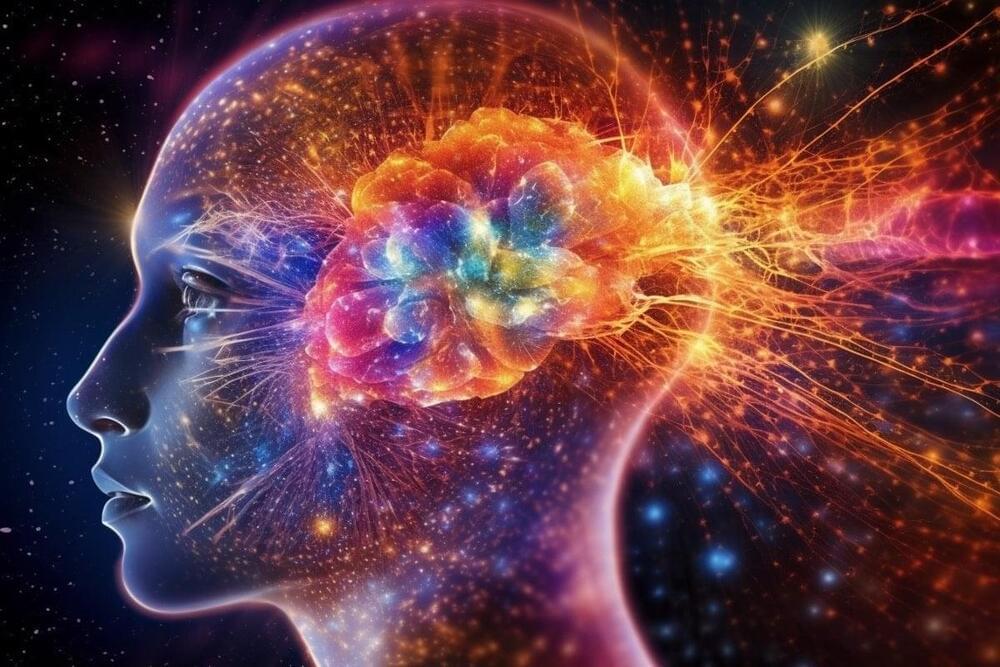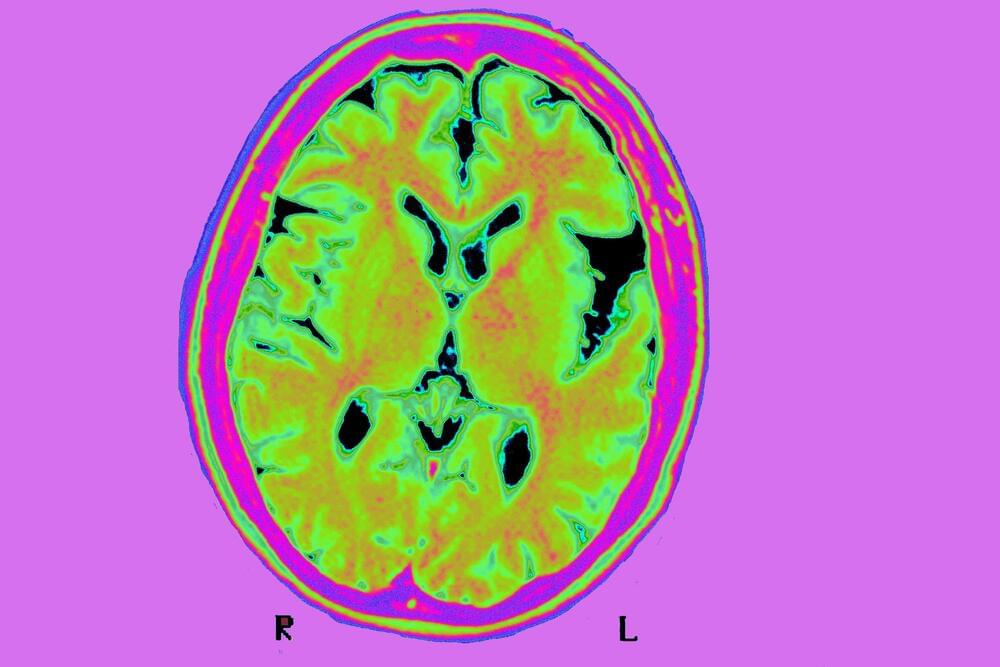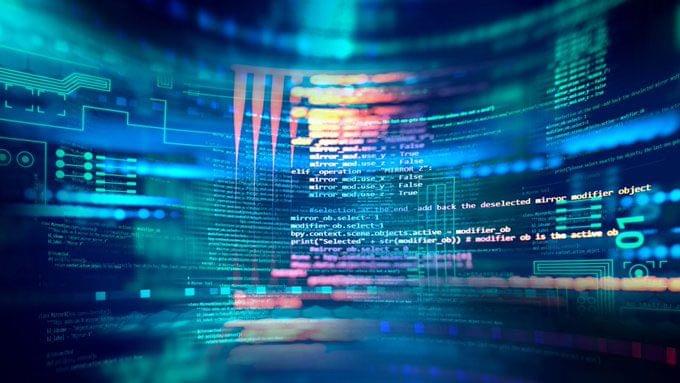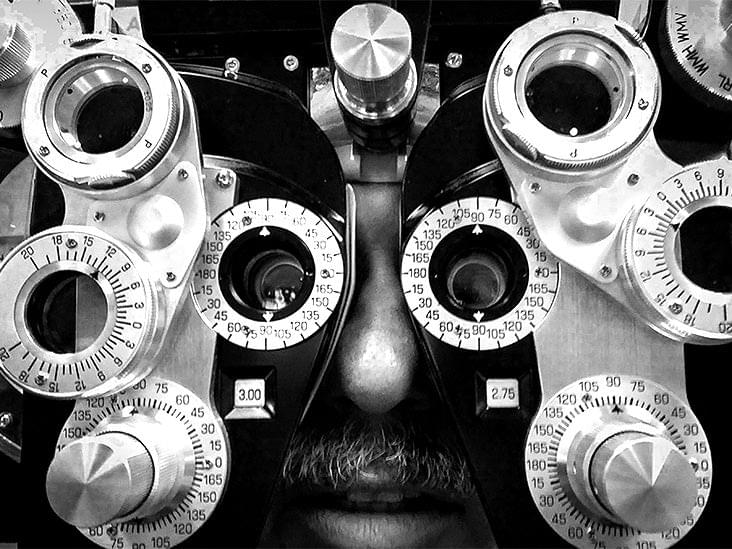May 20, 2023
Unlocking the Mind: The Neuroscience Behind Our Conscious Reality
Posted by Jose Ruben Rodriguez Fuentes in category: neuroscience
Summary: The neuroscience of consciousness explores the fundamental aspect of wakefulness and the higher-level cognitive perceptions, such as thinking and understanding.
Various theories, like the Global Neuronal Workspace Theory and the Integrated Information Theory, attempt to provide an explanatory framework for the conscious experience.
Continue reading “Unlocking the Mind: The Neuroscience Behind Our Conscious Reality” »


















